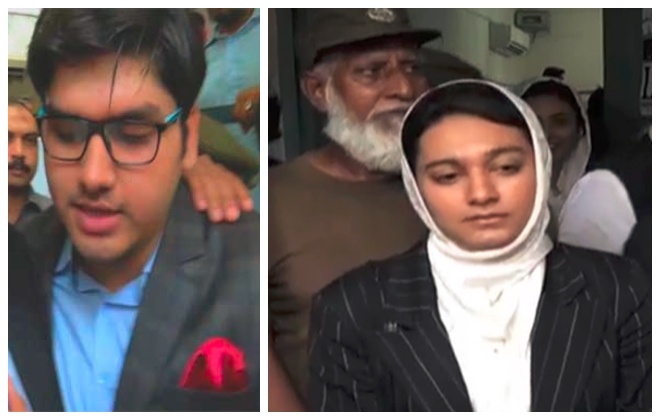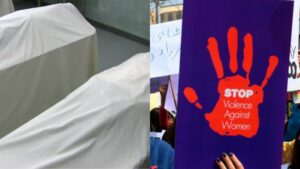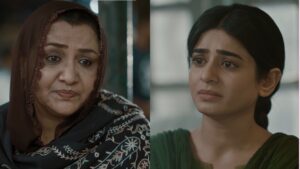On the eve of 14th August when the entire nation was supposed to be busy celebrating ‘Independence Day’, news of a shot being fired at Khadija Siddiqui’s house flooded media outlets.
Khadija Siddiqui ─ who was stabbed 23 times in 2016 by a man named Shah Hussain ─ was attacked as unidentified assailants allegedly opened fired at her car outside her residence in Lahore’s Gulberg area. The incident took place soon after the release of Shah Hussain, last month in July, after serving only three-and-a-half years of his original sentence, under remission rules.
 The incident came as a major blow to the case for women in the country, as it is a reminder of the excessive insecurity and lack of protection that comes with being a women in Pakistan.
The incident came as a major blow to the case for women in the country, as it is a reminder of the excessive insecurity and lack of protection that comes with being a women in Pakistan.
As the idea of being ‘independent’, implies the sentiment that each individual: male or female, Muslim or non-muslim and rich or poor, is a free and independent individual, free to make their own choices, the question then becomes: Can Pakistani women really claim to be free and independent in their country? Or is the idea of ‘Azaadi’ reserved for male citizens only?

In light of all the recent cases of femicide in Pakistan, the rising rate of violence against women and the general male-dominated air in the city which leaves little breathing space for the women in the country, it becomes pertinent to ask whether or not, there even is any ‘Azaadi’ or freedom for Pakistani women, who still have to depend on their male counterparts for a large number of basic rights and privileges.

In lieu of all this recent incident and the impact it has left behind, what is your opinion on the subject of women and the extent to which they can consider themselves to be free and independent citizens of Pakistan? Let us know your thoughts in the comments section below.









